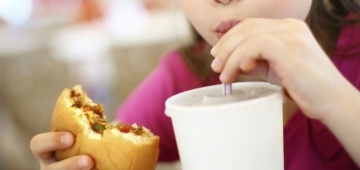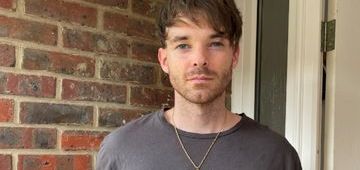A new report published as part of the European Youth Health Champions (EYHC) project has highlighted the potential of peer-to-peer education to improve and protect the health and wellbeing of young people across the continent.
The report, written by RSPH with the support of the seven other EYHC partners, highlights clear evidence that peer health education increases the knowledge and skills of those involved. The research shows that peer education is a particularly appropriate method when tackling sensitive issues such as sexual health, HIV prevention and domestic violence, and that it offers an effective method for introducing young people to healthier lifestyles in European countries.
This builds upon the approach utilised by RSPH in the Level 2 Award for Young Health Champions, which focuses on providing young people with the skills, knowledge and confidence to act as peer health mentors.
The main output of this research has been the development of the EYHC competencies framework, which will guide the development of an open access training programme for peer educators across Europe.
Next steps for the EYHC project will be:
- Collaborative development of an e-learning platform and face-to-face programme for young health peer educators, from February to September 2018
- A residential event in the UK with 60 young people from five different European countries (Malta, UK, Belgium, Bulgaria and Italy) to test the content and methodologies of the training programmes, in June/July 2018
- Further development of the training programme from July to September 2018
- Dissemination events across all participant countries including Belgium, Bulgaria, Denmark, Italy, Malta and the UK in early 2019
Shirley Cramer CBE, Chief Executive, RSPH said: “When communicating around the often sensitive issues involved in health and wellbeing, a peer can provide a more easily accessible, relatable and empathetic source of support and guidance, which is why we have pioneered this approach with Young Health Champions in the UK.
“We are delighted to now be involved in the development of the Young Health Champion model across Europe, and this report lends weight to the case for using peer education as an effective method for promoting health among young people across the continent, particularly when addressing more sensitive topics.
“Having a competencies framework which has been developed using this body of theory and evidence will provide a sound basis for the development of the EYHC project, and help equip young people in other European countries with the knowledge, behaviours and skills to support healthier lifestyles across the continent.”
Claire Lane, Special Projects Manager at Street Games, who lead the EYHC initiative in the UK, added: “At StreetGames, we think evaluating the evidence and translating it into practice is a key step in the development of successful projects and materials that aim to improve health and wellbeing. As such we are delighted that we have been able to work with our partners, particularly RSPH, in learning about what good practice in peer education looks like. As part of the ongoing project, we will use this intelligence to design a useful and accessible teaching tool for young people to train to become European Youth Health Champions.”



